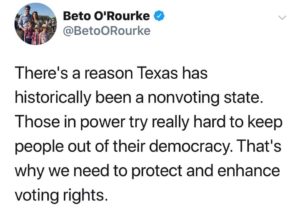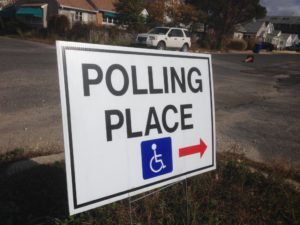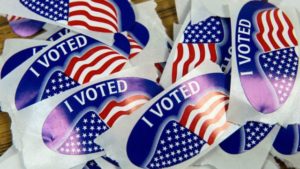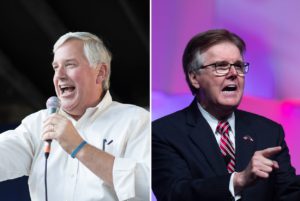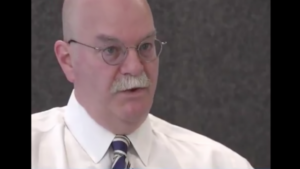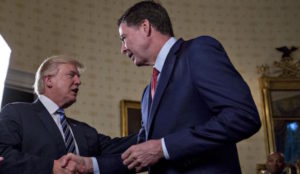Readers of this blog know that I admire Beto O’Rourke, the former West Texas congressman who nearly got elected to the U.S. Senate in 2018.
However, I believe the young man is mistaken when he offers this reason — as published in this Twitter message — for the historically low voter turnout in Texas. He blames it on some sort of conspiracy by “those in power.”
Hmm. Here’s my take on it.
I believe Texans at times suffer from a case of “voter fatigue.” It’s also a bit of a cultural phenomenon that afflicts suppressed voter turnout here. The lowest percentage of turnouts occur in states that formerly comprised the Old Confederacy. Does that mean we care less about the health of our form of government that citizens who live in high-turnout states such as Wisconsin, Oregon and Washington? No, it doesn’t mean that all.
Texas’ Constitution establishes a lot of electoral offices. We vote for our entire slate of statewide constitutional offices every four years; those elections occur during those “midterm” years. We vote for municipal and school district offices every odd-numbered year. If we live in a community college district, we get to vote on boards of regents, too!
O’Rourke blames this lack of turnout on the ability of “those in power” to suppress voter participation. I believe that is an overly cynical view.
I remain a voting traditionalist. I prefer to vote on Election Day when I’ll be at home. I am no fan of vote by mail, which some states require; it’s been said that the high turnout in Oregon and Washington is a direct result of those states’ mail-voting provisions.
I would like to see Election Day turned into a national holiday. I would like to see state, local and federal governments conduct intensive public-service campaigns to encourage voter turnout.
As a voting junkie, I enjoy the prospect of standing in line at my polling place and waiting my turn to exercise my constitutional right of citizenship.
I just cannot buy into Beto’s belief that the lack of turnout in Texas is the result of some dark conspiracy.
What now? Well, Beto might run for president in 2020. Maybe he can channel the enthusiasm he generated in his near-miss loss for the U.S. Senate in Texas into a national wave. That would dispel any conspiratorial notion, correct?
